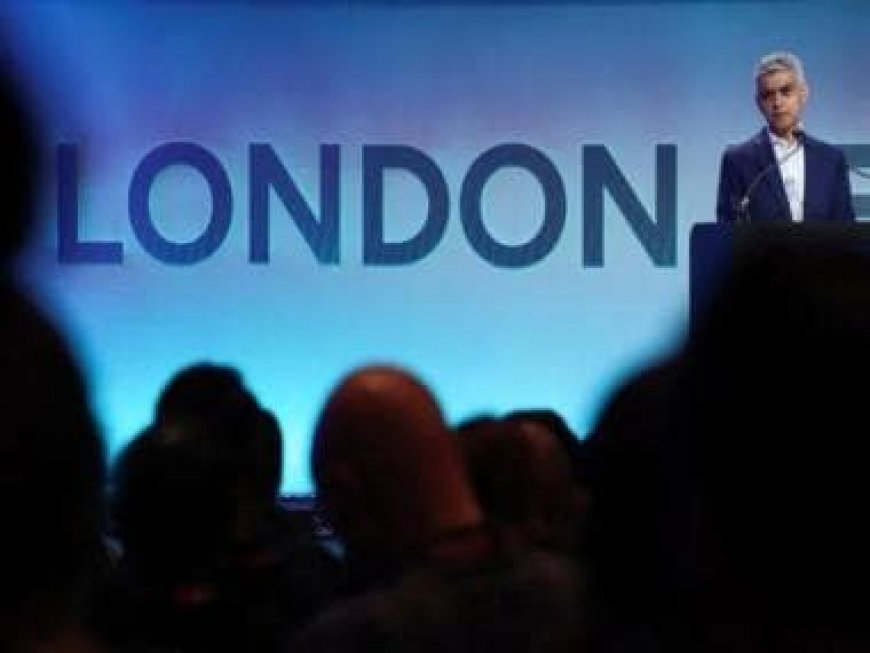Brexit has cost UK over $178 billion so far, says London mayor Sadiq Khan
Brexit has cost UK over $178 billion so far, says London mayor Sadiq Khan

London Mayor Sadiq Khan has said that the United Kingdom’s exit from the European Union has resulted in a 6% reduction in its economy, equating to an annual cost of £140 billion ($178 billion) so far.
Khan, affiliated with the opposition Labour Party, which opposed Brexit in the 2016 referendum, cited a report commissioned by him from economic consultants Cambridge Econometrics.
The report projects that the economic shortfall could reach 10% by the year 2035, estimating the pace at which the economy would have expanded if the UK had chosen to remain in the EU.
“It’s now obvious that Brexit isn’t working. The hard-line version of Brexit we’ve ended up with is dragging our economy down and pushing up the cost of living,” Reuters quoted Khan as saying in remarks released before a speech he is due to give later on Thursday.
The Labour Party is enjoying a substantial lead over Prime Minister Rishi Sunak’s Conservatives in the lead-up to an upcoming election, scheduled by Sunak for the latter part of this year.
Despite this advantage, Labour Party leader Keir Starmer has been cautious in disclosing specific plans regarding how he would strengthen relations with the EU.
The estimate of Brexit’s costs by Cambridge Econometrics exceeds some recent assessments.
In November, the National Institute of Economic and Social Research (NIESR) suggested that Brexit had already diminished the economy by 2%-3%, a figure expected to rise to 5%-6% by 2035.
Bank of England policymaker Jonathan Haskel, in a private capacity last year, projected that Brexit had negatively impacted business investment, leading to a 1.3% reduction in GDP by the end of 2022, equating to £1,000 per household per year.
Cambridge Econometrics projects that Brexit will decrease annual economic growth in Britain by 0.4 percentage points until 2035, result in a 3 million reduction in employment levels by the same year, and lead to a one-third decline in investment.
The evaluation of Brexit’s implications has been complicated by the COVID-19 pandemic, which emerged just months after Britain formally exited the EU in January 2020.
In terms of migration, Britain has experienced a notable increase, driven by a new work visa system that substantially raised immigration from outside the EU. This surge has offset the decline in immigrants from the EU, who no longer enjoy visa-free access.
With inputs from agencies
What's Your Reaction?

























































